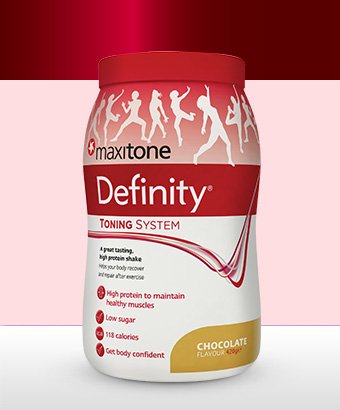High-protein products are an important nutritional choice for Americans, whether they try to build muscle, or to lose weight, whether they want to have a vegan diet.
A research from Mintel, a leading global supplier of consumer, product and media intelligence, shows that introductions of foods and drinks making a high-protein claim are higher in the US than anywhere else in the world, accounting for 19% of global new product launches in 2012. India and the U.K. follow with 9% and 7% respectively.
“Americans are looking for protein to aid in satiety, weight management and to boost muscle recovery and build muscle after a workout, making protein appeal to a broad audience in a great number of usage occasions,” said Nirvana Chapman, global food Science trend analyst at Mintel.
Proteins enhance muscle growth and repair after exercise and help to improve performances.
A study conducted by American College of Sports Medicine showed that the high-protein diet improved athletes’ endurance performance slightly after intense training and reduced their stress levels. Apparently, tyrosine, an amino-acid found in protein, is a mood-booster, contributing to the increase in performance.
According to Mintel, protein use in meal-replacement and sports beverages formulations making high-protein claims had a 37% growth in the past five years.
At Maxishop you can find a large variety of high-protein supplements to help you to lose weight, and to tone your muscles, along with nutrition and hydration products, clothing and accessories. Also, you can find information on ingredients, sports nutrition, and you can pose questions to experts to make a choice of what product is right for you.
High-protein is a selection attribute for 46% of all meal-replacement users in the US and there is an upward trend towards whey protein products for weight loss.
Also, 87% of US consumers indicated satiety as an important food attribute for them when choosing products.
“A ‘Satiety Index’ (SI) is often used to measure the hunger-fighting power of certain foods. Foods with a high-SI leave people more satisfied after eating and ensure that they are likely to eat less for hours after. Protein in particular has been shown to have a positive effect on subjective satiety, with whey protein in particular having demonstrated a functional role in weight management and satiety,” said Nirvana Chapman.
Snacks represent 20% of the high protein food and drink new product launches in the US in 2012, followed by meal- replacement and other fortified drinks (17%) and spoon-able yogurt (15%). Products launched in the US with both a high-protein and vegan claim have shown a steady increase since 2008, with a 54% growth in the last five years.
Globally, the percentage of food and drink products launched with a slimming claim in the past five years that include whey protein are trending upwards, up 140% between 2008 and 2012.
“In the weight management industry, there is an upward trend towards products that combine whey protein, peptides, and calcium for weight loss. Specifically, the high-protein trend is growing worldwide, evidenced by countries with high-protein claim products being launched, as well as European examples of consumers seeking high-protein products,” said Nirvana Chapman.
Whether you want to lose weight, to tone your body, or to enhance performances, you have to be fully informed before you chose a high-protein supplement. High-protein diet works, but if it is not right for you, it can lead to allergies, constipation, kidney issues, heart problems, osteoporosis, or malnutrition. You need to drink enough water, to keep a balance in your diet (including vitamins, minerals and dietary fibers), to learn your medical condition, and obviously to know the full list of ingredients of the high-protein supplements.
